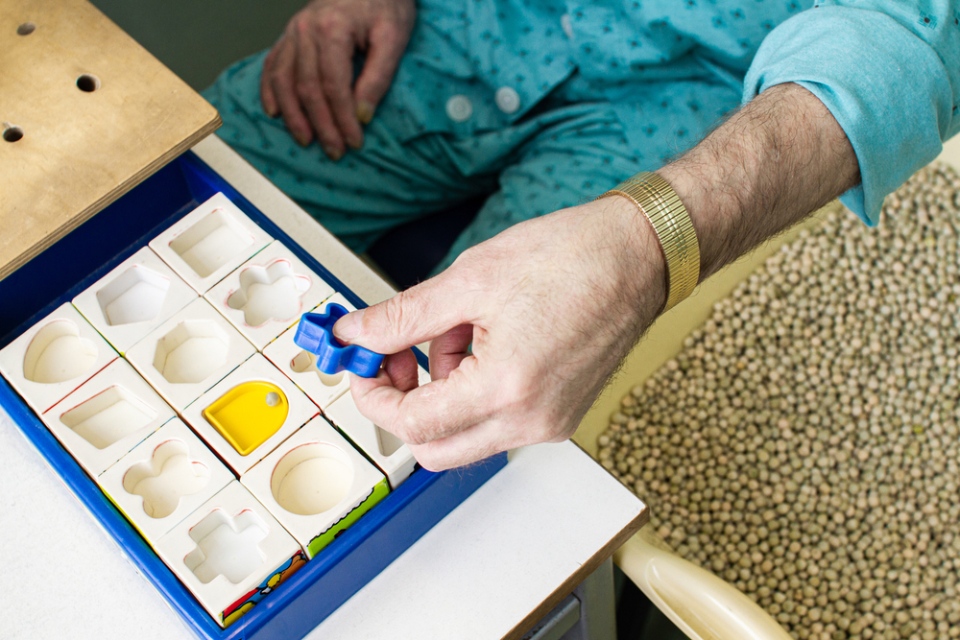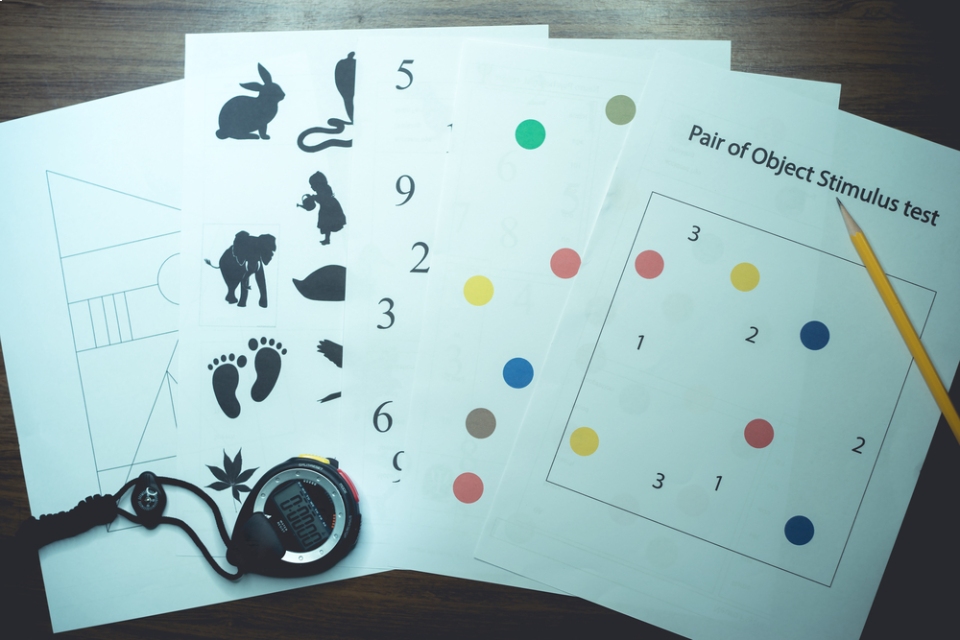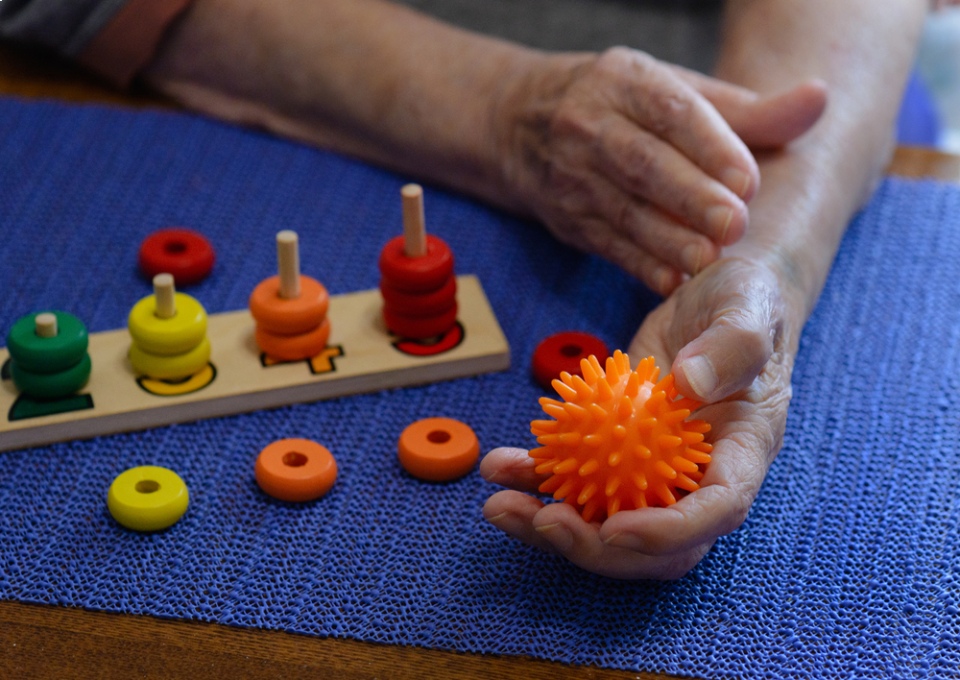
WELCOME
845 Third Avenue, 6th Floor
New York, NY 10017
Phone: 212-203-0987
300 Cadman Plaza West, 12th Fl
Brooklyn, NY 11201
Phone: 718-876-0848
118-35 Queens Blvd. Suite 400
Forest Hills, NY 11375
Phone: 718-876-0848
203 Giffords Lane
Staten Island, NY 10308
Phone: 718-876-0848
73 Market Street Suite 376
Yonkers, NY 10710
Phone: 212-486-3095
White Plains
Rye
New Rochelle
Tarrytown
Uniondale
Plainfield
Fax: 929-456-5403
The Neuropsychology Center serves Manhattan, Staten Island, Brooklyn, Queens, Bronx, Yonkers, & additional locations in Nassau, Suffolk, & Westchester Counties. We offer various expert medical services that can help you stay healthy, diagnose potential issues, & address existing ones. Learn more about what we do below.
Evaluations: School Neuropsychology for the IEP of school age children (Learning, Dyslexia, math disorders, Autism Spectrum, ADHD, behavior, anxiety, mood) with diagnoses and treatment plans. Impartial Hearing Evaluations.
Please fax NY City DOE Authorization for Assessment (AA2) to schedule an appointment.
Evaluations: Assessment for Testing Accommodations for the SAT, MCAT, LSAT, GMAT, GRE, EPPP, Immigration and Citizenship oral and written tests, etc.
Evaluations: Forensic fit-for duty/return to work, personal related brain injuries, Immigration-Citizenship test waiver.



Neuropsychological Assessment

Clinical neuropsychology is a sub-field of psychology concerned with the applied science of brain-behavior relationships. Clinical neuropsychologists use this knowledge in assessing, diagnosing, treating, & rehabilitating patients across their lifespans with neurological, medical, neurodevelopmental, & psychiatric conditions, as well as other cognitive & learning disorders.
The assessment is primarily delivered through neuropsychological tests, but also includes patient history & observation, & may draw on findings from neuroimaging & other diagnostic medical procedures.
The reasons neuropsychological assessments are carried out:
- To clarify or ascertain a presumed diagnosis
- Rule out other causes that may contribute to current difficulties
- Provide a detailed profile of cognitive strengths & weaknesses to better understand difficulties & paths to improvement
- Assist the patient, family, & the medical treatment team in developing an effective intervention plan to alleviate symptoms & prevent deterioration
A comprehensive assessment will typically take several hours & may need to be conducted over more than a single visit. The evaluation will include a history interview, interviews of caregivers or family members, as required, review of medical information, observations, testing, report, & feedback to the patient. Additional feedback may be provided to the family, medical treatment team, or school.

Students & adults at the clinics are of ages 3+ with developmental & learning disorders, traumatic brain injuries, ADHD, Autism Spectrum, dementia, stroke, epilepsy, & other nervous system-based impairments for neuropsychological evaluations.

Referral sources include public and private schools, school psychologists and psychotherapists, neurologists, surgeons & pediatricians, attorneys, school districts, & local universities. We offer immediate appointments & quick report turnaround.
Forensic Neuropsychology

Forensic neuropsychologists study genetic brain structure & the chemical imbalances that have a negative effect on social behavior. Some psychologists believe that aggression is a biochemical reaction that stimulates certain neurotransmitters in the brain that innately display predatory aggression in humans. The relationship between these neurotransmitters & the chemicals that stimulate them is what forensic neuropsychologists focus on in order to understand the genesis of criminal behavior.
Forensic neuropsychologists apply assessment techniques to determine the reasons behind criminal behavior & aggressive actions. Psychological tests, intelligence tests, & tests that reveal the steps that raised the biochemical activity that manifests as isolation, fear & aggressiveness, are used to identify people with criminal behaviors. A heightened level of aggressiveness can be considered a mental illness, but a forensic neuropsychologist is able to differentiate between deliberate actions & actions that are the result of a chemical brain disorder that cannot be controlled.

How to Pay

Accepted Payment Methods
- We accept:
- Department of Education Authorization for Assessment (AA2)
- Purchase orders of school districts in Westchester or Nassau counties
- Self-Pay
- We do not accept medical insurance plans.
